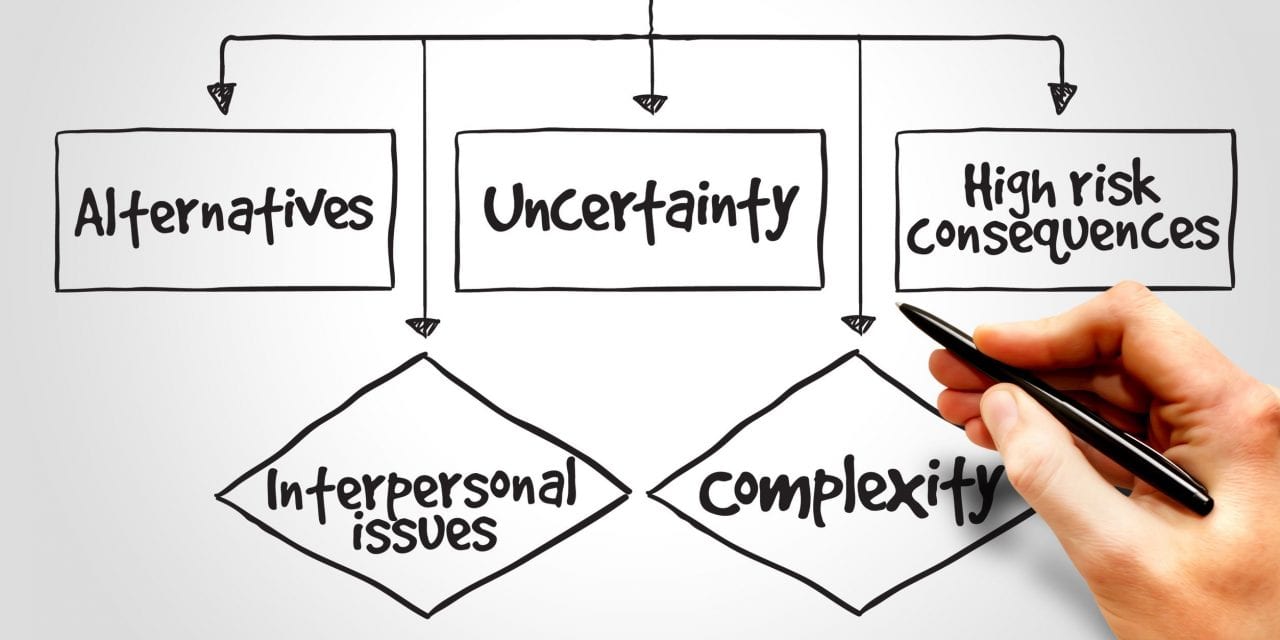What are the unintended consequences senior living as a sector operates in, develops and grows today?
By Steve Moran
Recently, I clipped this slide from a Slideshare presentation posted by Kleiner Perkins Caufield & Byers, titled Internet Trends 2018. It is super long, almost 300 slides, but actually worth browsing through.
But this particular slide containing a quote from Mark Zuckerberg really caught my attention:
You might be ready to argue that in fact, Facebook is not really all that “idealistic & optimistic” and that would be another discussion. But I do think it is clear that as the slide points out, they did not spend enough time thinking about unintended consequences . . . in other words, how the platform can cause real harm to people and society.
The Unintended Consequences of Senior Living
It got me to thinking that this is a really important question to be asking or thing to be thinking about. The question needs to take two forms:
-
What are the unintended consequences senior living as a sector operates in, develops and grows today?
-
What are the unintended consequences of how your individual organization operates?
Each question needs to be asked in the context of the impact on:
-
Society
-
Residents
-
Team members
-
Families
-
The local and regional marketplace
Possibilities
This could be a mini book or a white paper I am thinking but let me offer up a few possibilities, remembering that I am specifically looking at negatives, but understanding everything in life is a trade-off and you might end up thinking, “Yeah, but it’s worth it”.
-
Using REITs as a financing vehicle creates a great deal of financial insecurity for operators and even when the transfer of properties from one operating entity to another is orderly, it creates many uncertainties for residents, families and team members, which is not good for individual and family mental health.
-
There is so much financial pressure on everyone that people are not performing at their highest levels.
-
That, in turn, means that we burn-out and lose some of the best leaders.
-
The distrust among the various factions, (thinking primarily of the 4 trade groups: LeadingAge, Argentum, AHCA, and ASHA) make it impossible to really tell our story effectively.
-
The occupancy pressure is so high that it causes mostly local staff, feeling pressure from above, to persuade residents to move into sub-optimal settings.
-
The current focus is keeping us from really tackling the low income and middle market senior living space.
-
Almost by its very nature, senior living is a de facto kind of ageism.
My guess is that I could go on and on, and then elaborate on each one. I am curious what you would add to my list . . . and what you think I have wrong about that list.





